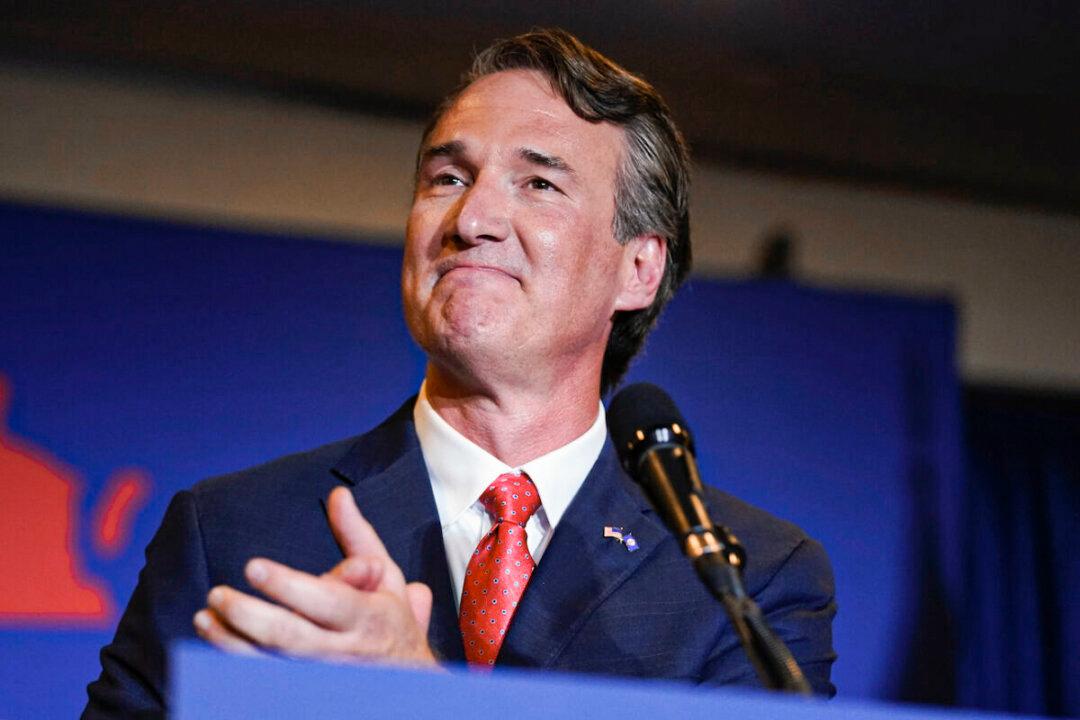Virginia’s incoming Republican governor is vowing to withdraw his state from a regional carbon emissions-trading exchange to which 10 coastal and New England states currently belong—a move that, if successful, would be a major setback for the left-wing environmentalist movement.
During a Dec. 8 address to the Hampton Roads Chamber of Commerce, Gov.-elect Glenn Youngkin described the Regional Greenhouse Gas Initiative (RGGI) as a “carbon tax that is fully passed on to ratepayers,” saying he would issue an executive order to take the state out of the interstate compact when he’s inaugurated next month, The Hill newspaper reported on Dec. 9.





